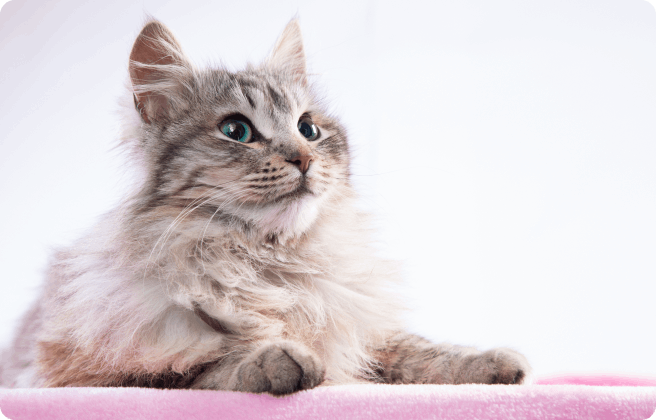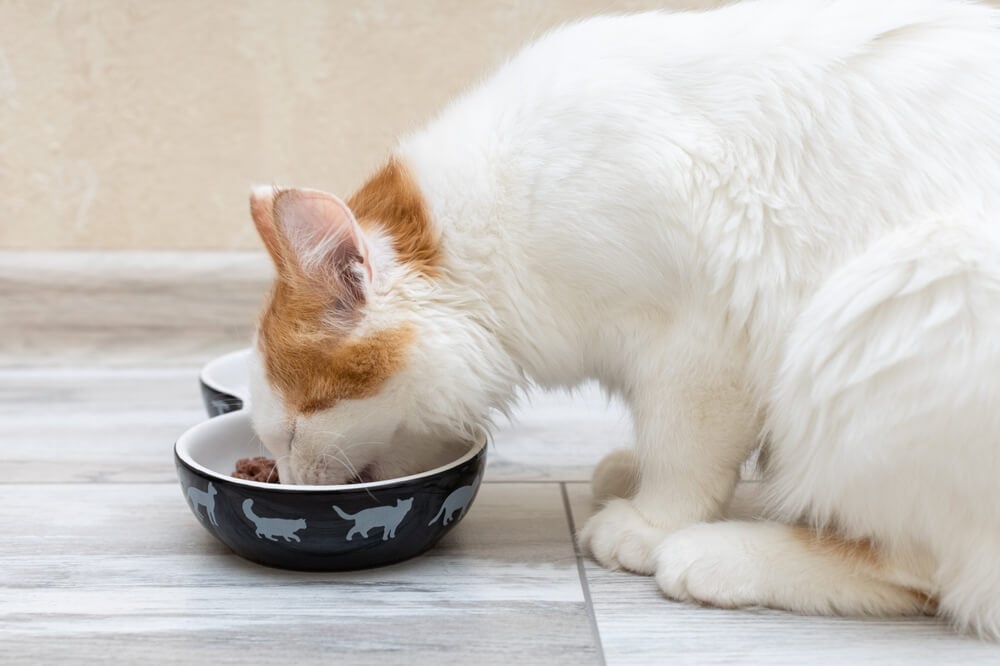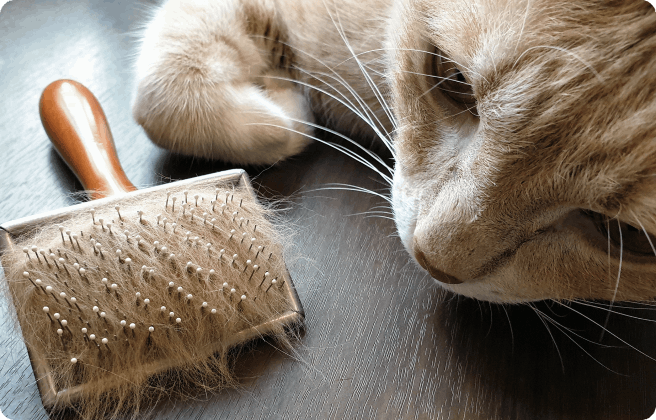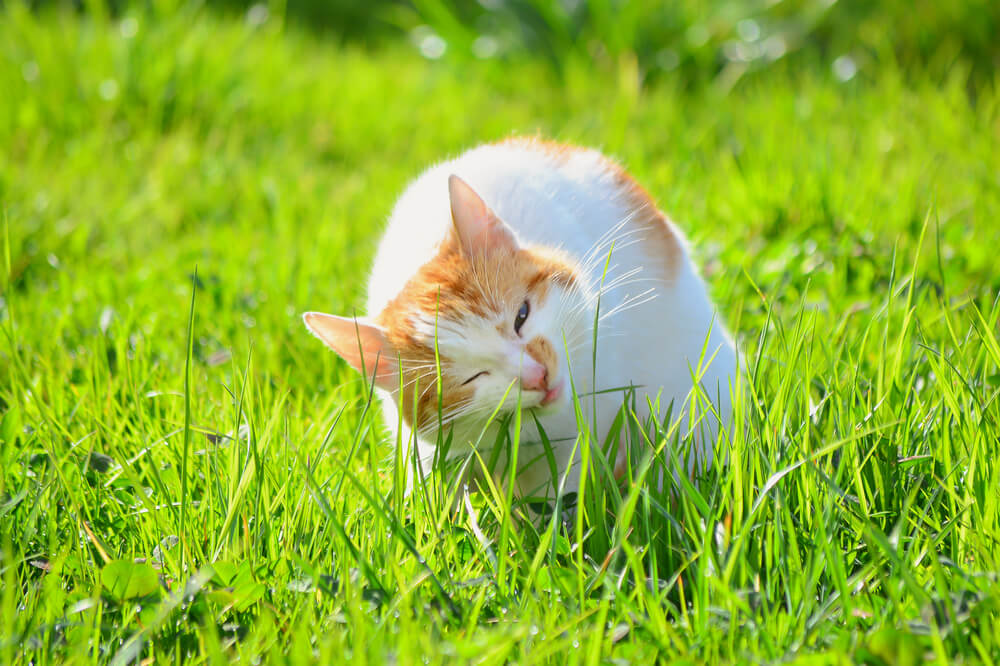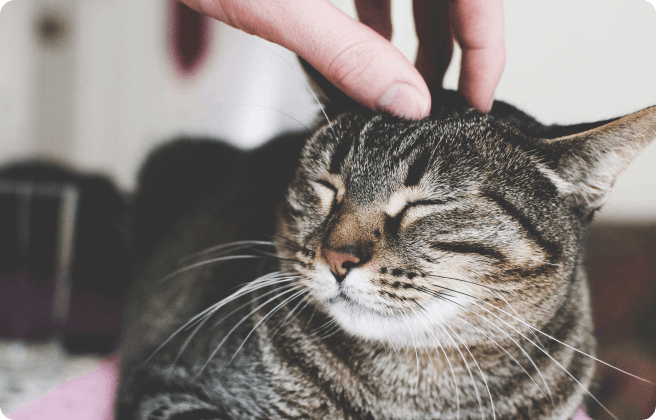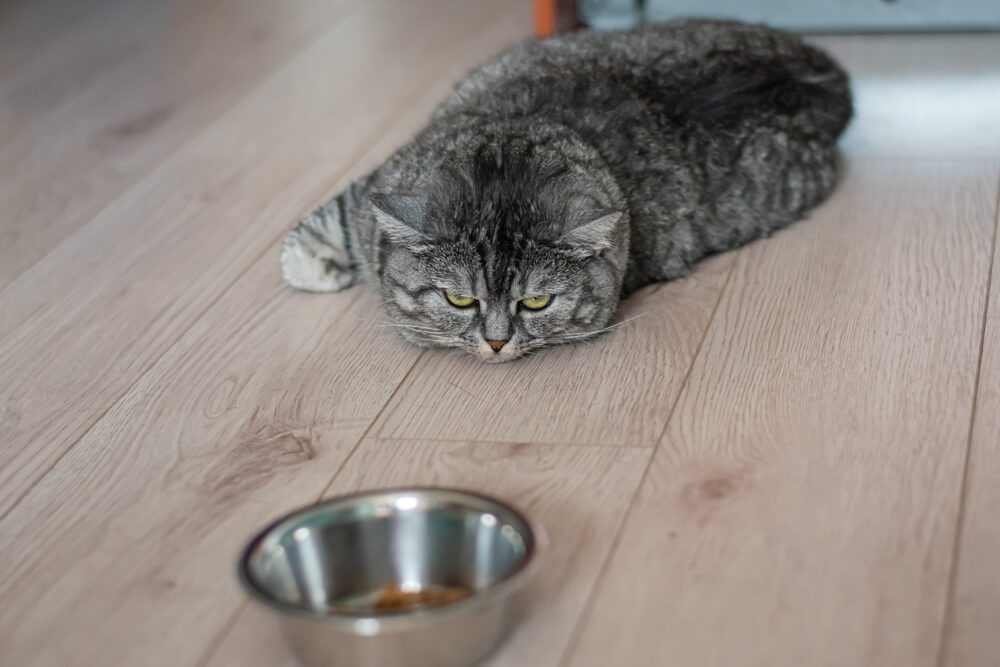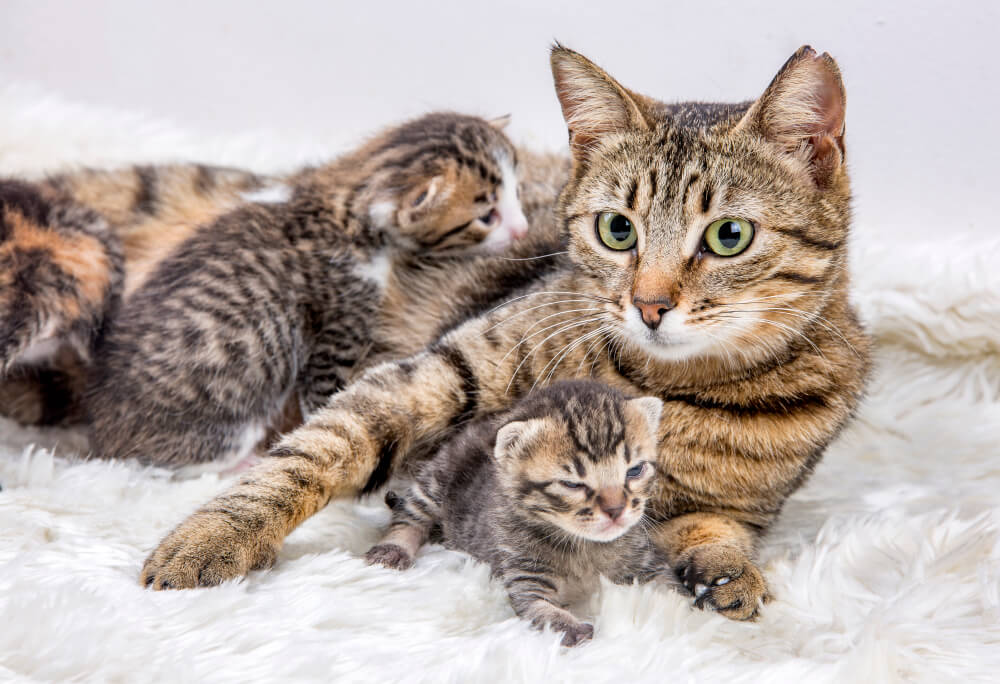
Congratulations, your cat is all grown up and about to embark on motherhood, making you a soon-to-be pet grandparent. The journey of having kittens is both exciting and emotional for your cat. While she is more than capable of handling the birth independently, there are a few ways you can lend a helping hand to make the process smoother.
As you prepare for the arrival of a litter of kittens, it’s essential to consider whether you’re ready to care for a postpartum cat and a bundle of tiny felines. If you’ve chosen not to neuter your cat and suspect she might be pregnant, we’ve compiled a guide on how to care for your soon-to-be mother cat.
Is my cat pregnant?
First things first, is your cat actually pregnant, or have they just put on a little weight?
Signs that your cat is pregnant:
- Your cat’s nipples become enlarged and red – this is known as ‘pinking-up’.
- Similar to morning sickness in humans, if you notice that your cat is throwing up frequently, or she is generally unwell, contact your vet.
- Your cat will have a swollen tummy — avoid touching it so you don’t risk hurting mum or her unborn kittens.
- A mum-to-be will gradually gain between 1-2 kg (depending on the number of kittens she is carrying) – this is a strong sign that she is pregnant.
- Queens tend to have an increased appetite later in their pregnancy, which will also contribute to weight gain. (An increased appetite could also be a sign of illness, so double-check with your vet to confirm.)
- Your pregnant cat may act more maternal, meaning that she purrs more and seeks extra fuss and attention from you.
The signs aren’t all that different from a human’s pregnancy so you are likely to pick up on them. It’s important to then visit the vet to get her officially diagnosed and ensure everything is OK – some vet practices can diagnose cat pregnancy using ultrasound, sometimes as early as 15 days into her term.
What age can a cat get pregnant?
Cats can get pregnant from four months old which is why it’s important to get them neutered from a young age to avoid unwanted pregnancies.
How long is a cat pregnancy?
The typical cat pregnancy will last between 63 to 65 days, so about nine weeks. Although much like humans, they can have an early or late labor.
Behavioral changes in a pregnant cat
Increased affection
Your cat now has a new bunch of hormones that will make her crave cuddles and affection — no complaints here! Spend time petting her and comforting her to let her know you are with her on this journey.
Change in appetite
Most cats will have an increased appetite as they are carrying a bunch of growing bodies needing energy and nourishment.
Nesting
During the late stages of pregnancy in cats, nesting behaviors are common. They instinctively start exploring the surroundings in search of secure and safe spots within the house to give birth to their litter of kittens.
Avoid any rowdy activity towards the end of your cat’s pregnancy, and try to leave her to relax. You will need to help her stay as calm as possible at this time, and anything too energetic could cause her stress.
What to feed a pregnant cat
Feeding your cat the right amount of nutrients is essential during pregnancy as malnutrition can put the kittens at risk.
Food intake may fluctuate slightly throughout gestation due to changes in pregnancy-related hormones. However, by the time kittens are about to be born, a queen should be consuming 25% to 50% more calories than she would at maintenance.
Feeding several meals daily or free choice during the final trimester will help ensure your cat receives enough nutrition despite increasingly limited abdominal space for food and digestion.
Generally, throughout pregnancy, feeding a high-quality, complete and balanced food suitable for growth and reproduction (e.g., kitten or all life stages formula) will supply all the necessary nutrients with no supplementation required.
Vaccinations and illness
Your cat should already be vaccinated before pregnancy to prevent illnesses, and risks at birth. Vaccinated mothers can also pass on protection against disease to their kittens through nursing.
However, if your cat is not vaccinated and becomes pregnant, check with your vet as live vaccinations can often be a risk to the mother and unborn kittens.
How do I know when my cat is in labor?
When the time nears, monitor your cat’s body temperature twice daily and about 24 hours before, there will be a drop in the body temperature.
After the temperature drops, the first stage of labor begins. This is the time when the queen becomes restless and anxious. You may notice panting, pacing, refusal of food and maybe vomiting. Ideally, you should create a quiet, safe space where you can bring your cat for labor.
The second stage of labor is when the kittens are delivered. Visible contractions begin. The abdomen tenses and the queen begins straining. Your cat may have a resting period between each kitten, and if you think there are more to come after some time, contact your vet to ensure there are no complications.
The first kitten should be delivered within 1 to 2 hours of the onset of contractions and straining. Veterinary assistance is strongly encouraged if the first kitten is not delivered within 2 hours after the onset of contractions.
Postpartum cat care
Once all kittens have been born, check that they are dry by using a lean towel and that their noses/mouths are clear. Clean away any soiled surfaces (without disturbing the family) and ensure the nesting area is at a comfortable temperature.
Healthy kittens don’t need much assistance at the early stages of feeding as long as your cat is allowing normal nursing behaviors. If you are concerned that your cat is rejecting her kittens, bring her to the vet for a check-up.
We wish your cat well with her new family and we hope you find amazing new homes for the kittens or maybe you’ll want to keep them for an even bigger family.
We uphold the highest editorial standards when creating the authoritative content pet parents rely on and trust.
Every piece of clinical content on the Cat Food Advisor is reviewed by our certified Veterinary Advisory Board, which consists of licensed veterinarians and medically certified specialists.
Our reviews are completely independent; we are not paid by any pet food company to promote their products favorably. We do not accept money, gifts, samples or other incentives in exchange for special consideration. For more information see our Disclaimer & Disclosure page.




